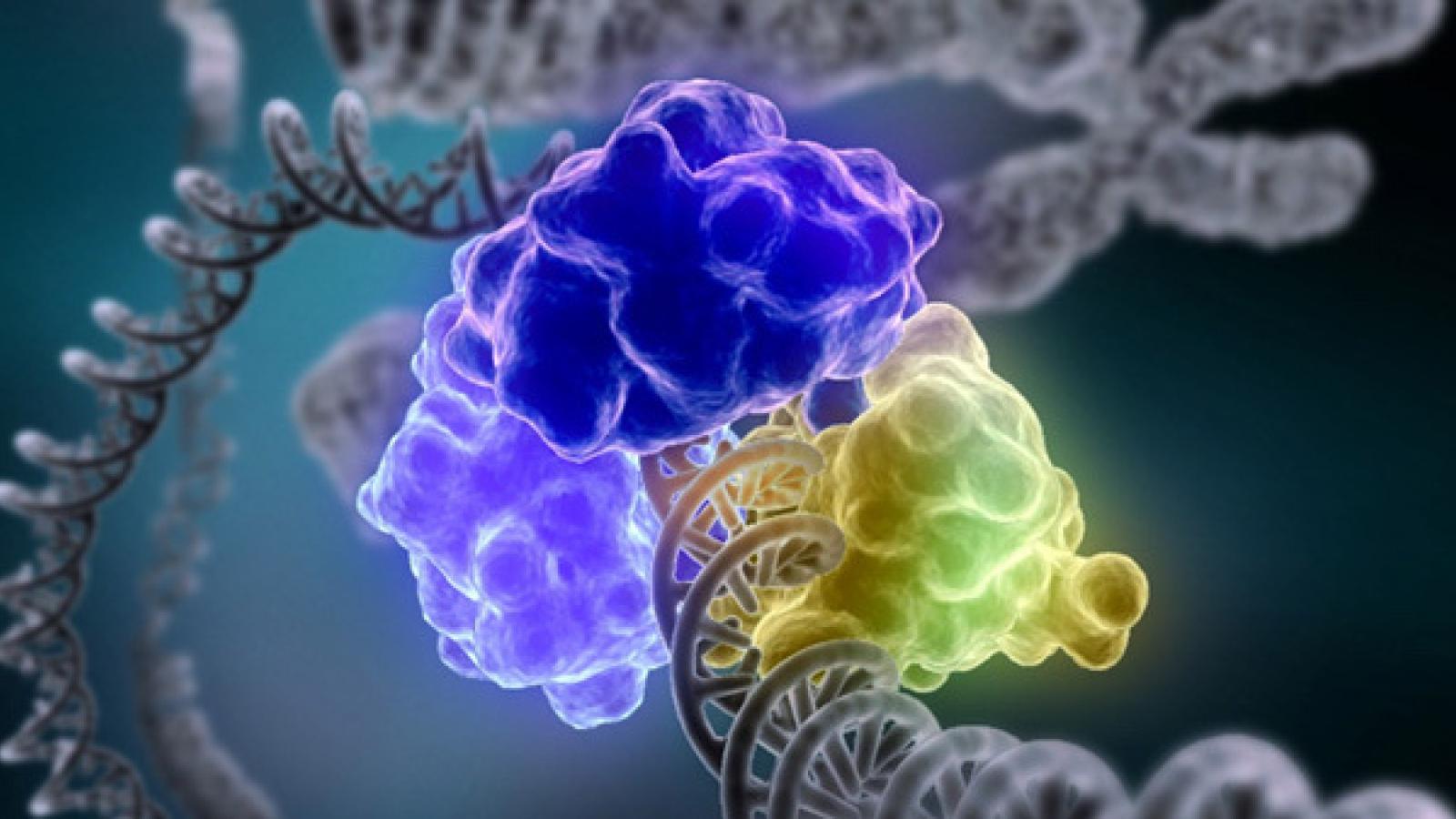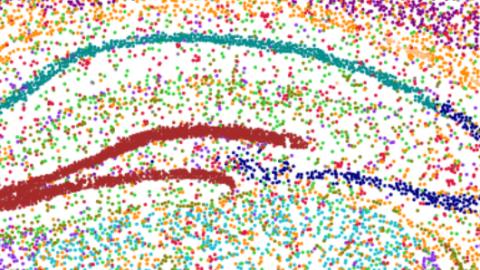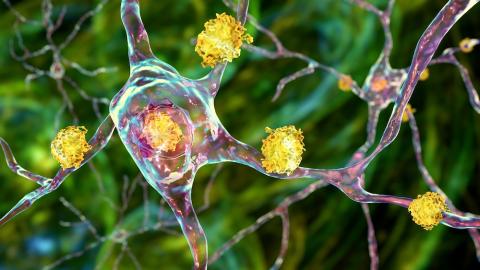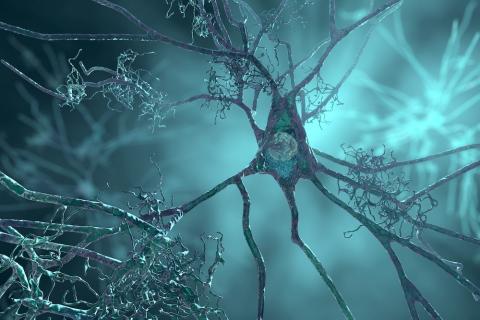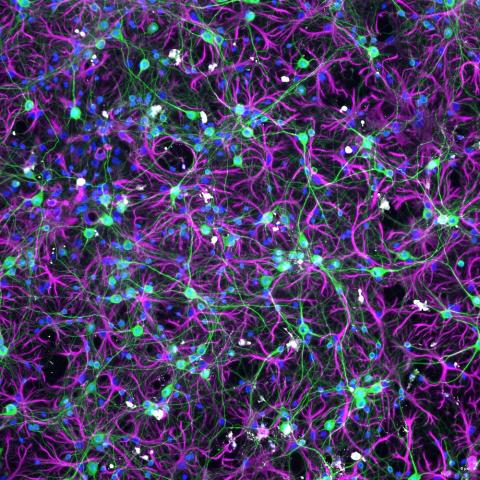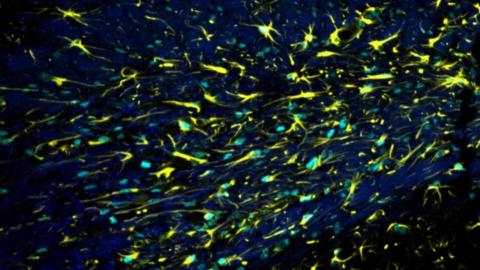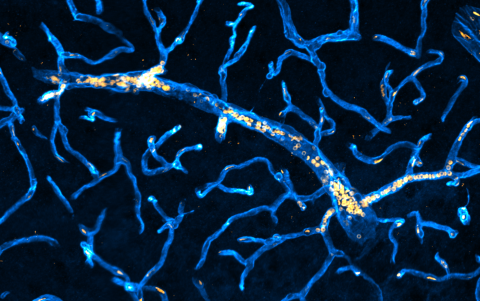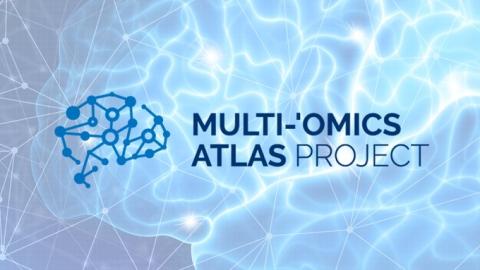Molecular mechanisms are the biological processes and interactions that occur within our cells at a very small, molecular level. These processes are essential for keeping our cells healthy and functioning properly. In neurodegenerative conditions, these mechanisms can become disrupted, impairing the function of specific cells and contributing to the progression of these conditions.
At the UK DRI, our researchers are investigating a wide range of molecular mechanisms involved in neurodegeneration. One key area of focus is protein misfolding, where proteins fail to fold into their correct shape and instead clump together in harmful ways. Researchers are studying how cells balance the production, folding, and removal of proteins to prevent this harmful accumulation. Additionally, researchers are exploring how our cells manage RNA, which carries the instructions for making proteins, and how mistakes in this process can lead to disease. Another important area of research is DNA damage and how failures in DNA repair mechanisms can contribute to neurodegeneration.
By understanding how these mechanisms go wrong in neurodegeneration, UK DRI researchers aim to identify and test new therapies to slow or prevent disease progression.
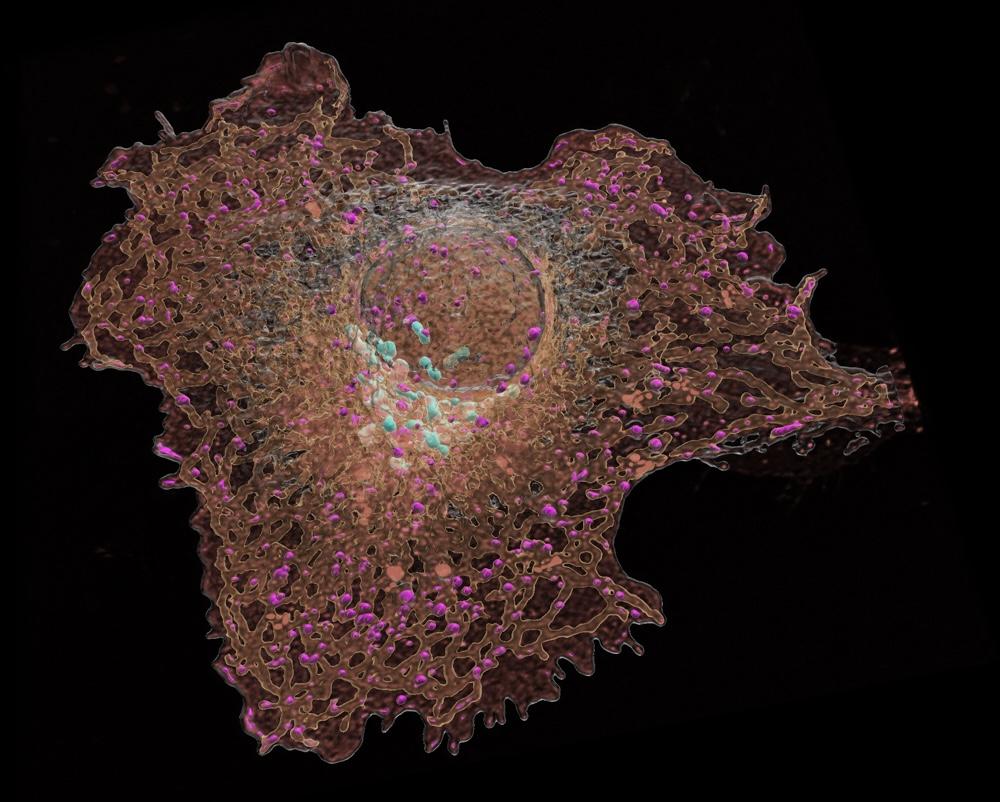
The distribution of Amyloid Precursor Protein (APP) inside cells which produce the toxic Aβ protein. This protein misfolds and forms amyloid plaques in Alzheimer's disease. Credit: Karnika Gupta, Avezov Lab
Latest
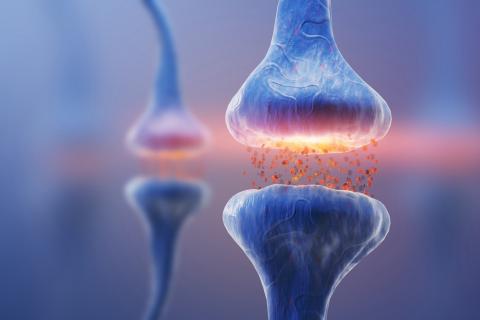
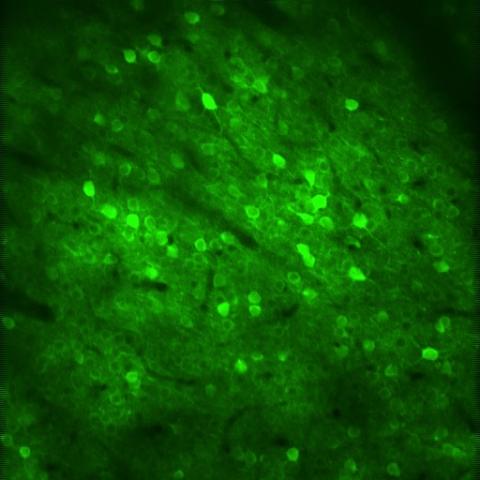
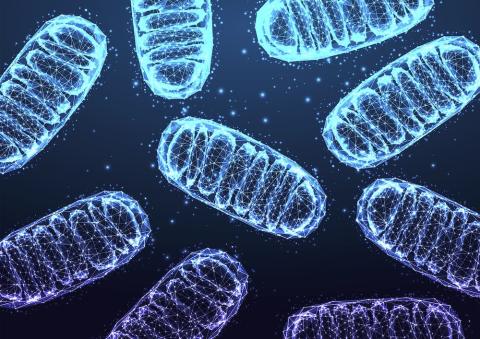
A deeper dive
In neurodegenerative conditions, a complex interplay of disrupted molecular mechanisms severely impacts cellular function. These disruptions include DNA damage and repair defects, impaired proteostasis leading to protein misfolding and aggregation, and aberrant RNA processing, all of which contribute to neuronal dysfunction and degeneration.
At the UK DRI, our researchers aim to unravel the molecular mechanisms driving neurodegeneration, with the goal of developing and testing targeted therapies to address these underlying dysfunctions. Specifically, our research focuses on:
- Understanding the molecular mechanisms that drive the misfolding and aggregation of proteins such as tau, amyloid-beta, alpha-synuclein, huntingtin, TDP-43, and others, and how these aggregates contribute to neurodegeneration
- Investigating the mechanisms of DNA damage and how failures in DNA repair pathways lead to genomic instability and neuronal dysfunction
- Elucidating how aberrations in RNA biology, including defective RNA splicing and misregulation of RNA-binding proteins, such as TDP-43 and FUS, drive disease pathogenesis.
- Exploring the molecular mechanisms of genetic and epigenetic susceptibility, as well as the roles of synaptic dysfunction and neuroinflammation in disease progression
- Developing and testing targeted therapeutic strategies based on these molecular mechanisms
- Identifying molecular biomarkers, such as altered protein levels, that could facilitate early diagnosis and predict disease progression
- Conducting in-depth characterisation of molecular alterations using multimodal approaches, including super-resolution microscopy and multi-omics profiling
